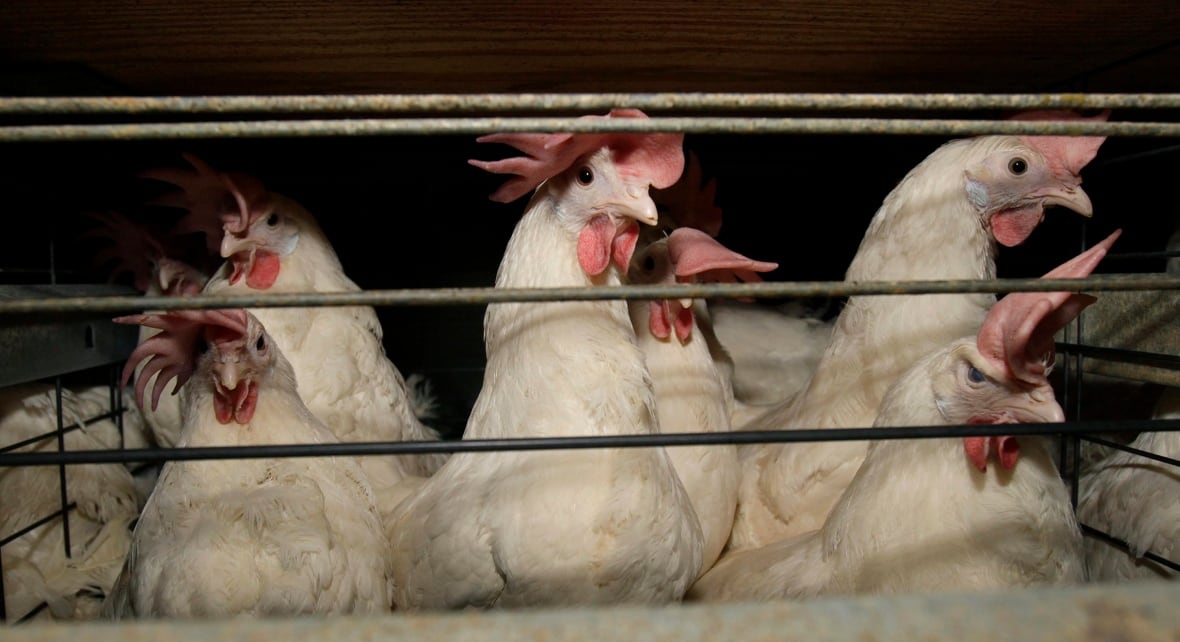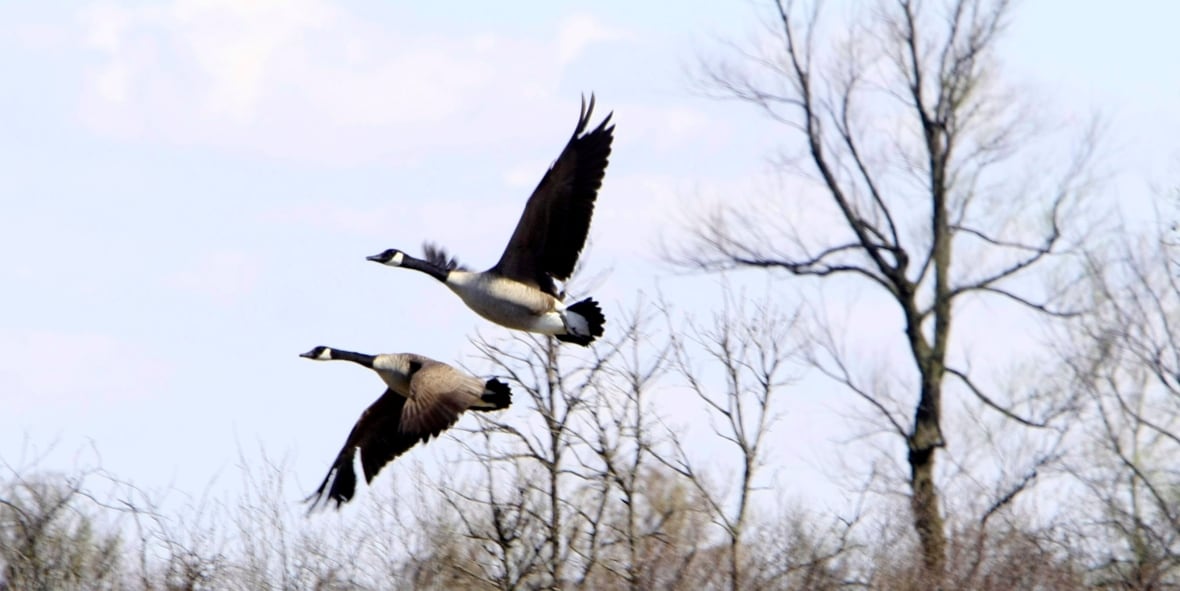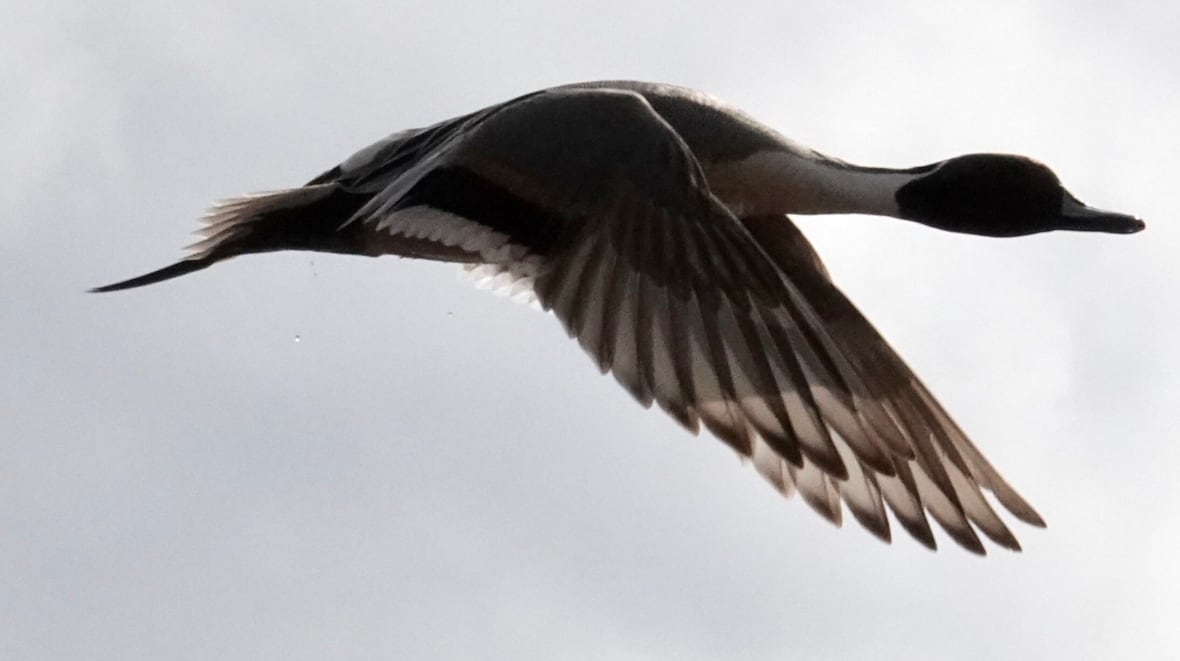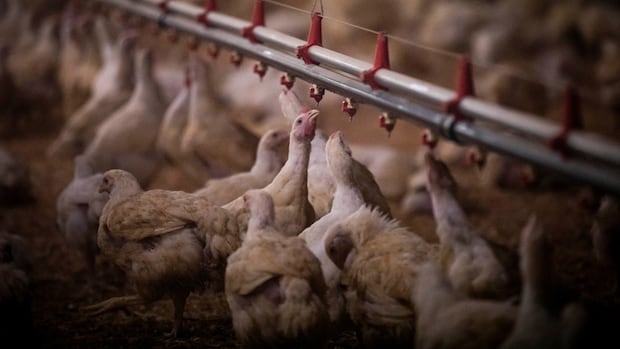Commercial poultry farmers across B.C. have been ordered to move their flocks indoors this fall, until the avian influenza season is over.
B.C. Chief Veterinary Officer Dr. Theresa Burns implemented an indoor housing order on Sept. 10, in a pre-emptive response to several avian influenza outbreaks on farms in Alberta.
In alignment with Dr. Burns’ order, the B.C. Poultry Association made the decision to implement Red Biosecurity Protocols, meaning increased sanitation and use of protective equipment.
“Farmers are really taking every possible step that they can take to minimize the risk. It’s all about protecting our flocks and local food,” said Shawn Hall, director of the B.C. poultry industry’s emergency operations centre.
He said as wild birds like geese begin to fly south, the potential for avian influenza transmission increases in chicken and turkey farms.
Between October and January of last year in B.C., there were 81 poultry farms that reported avian influenza infections, according to Hall.
All commercial farmers who hold quota — meaning they are authorized to produce eggs for commercial sale — must comply with the orders and protocols.
A housecat has died in the United States after eating raw pet food and contracting H5N1 bird flu. Epidemiologist Dr. Christopher Labos tells CBC News the risk of any individual pet getting avian flu is still low, but what is concerning is the easier it becomes for it to infect different types of animals, ‘the easier it will ultimately become for this virus to infect humans.’
When red bio-security protocols are in place, poultry farmers must follow specific guidelines, including donning personal protective equipment and sanitizing everything from their equipment to their truck’s tires.
Hall said while it is inconvenient to restrict visitors and uphold stringent protocols, farmers in B.C. take their flock’s safety, and the high standards of the Canadian Food Inspection Agency (CFIA), seriously.
“No farmer wants to have an infection in their operation,” he said. “They care about their animals and producing food.”
Many farmers have also invested in specialized fans and filters in their barns to stop viruses from wild animals from wafting in, Hall added.

Each time a commercial flock is infected, all of the birds must be culled in accordance with the CFIA’s protocols.
Hall said the precautions have been implemented seasonally since 2022, when the H5N1 strain of avian influenza was first confirmed in B.C. as part of a global outbreak.

He said wild migratory birds like ducks can be a vector and transmit the virus while flying north and south in the spring and fall.
“British Columbia [is] on one of those migratory flyways, so that’s why we see cases in the fall,” said Hall.
He said the risk of infection from wild birds is also why farmers must also extra care to ensure there is no water on their property, where migrating waterfowl may land.
People urged not to feed ducks
Chantelle Abma, a communications specialist with Ducks Unlimited Canada, an organization that protects and restores wetlands and its inhabitants, asks that people exercise caution and keep their distance from waterfowl.
“Do not feed wild ducks,” said Abma.

She explained waterfowl — like ducks — may be infected and contagious without any signs and symptoms.
“We don’t know when they are or aren’t infected, so that is why we encourage just practising caution around all waterfowl,” said Abma.
She said the risk of infection is not only to other birds, but also to mammals like humans, pets and other livestock.
Additionally, she said it is simply not healthy for ducks to be fed by humans and congregate together, potentially increasing the likelihood of disease transmission.
“We want them to feed themselves and stay wild,” Abma added.
To mitigate the potential spread of an illness like avian influenza, Abma is urging the public to report all sick or dead wild birds to B.C.’s wild bird reporting line at 1-866-431-2473.






